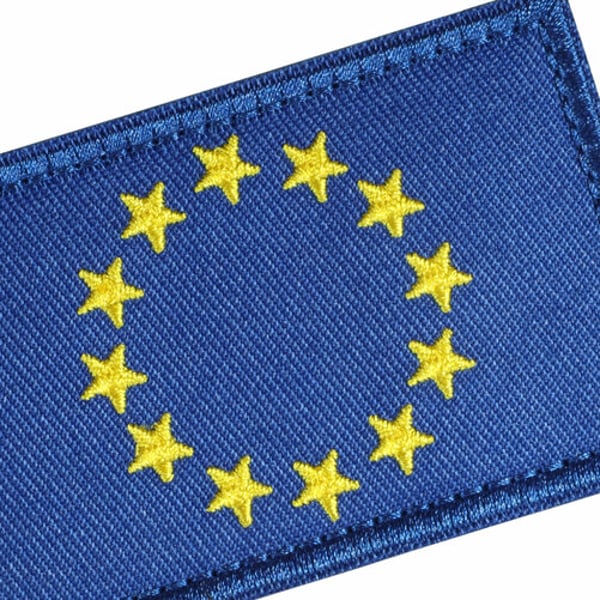Translated by
Nicola Mira
Published
January 8, 2025
With the new year, a number of legislative and regulatory changes are looming for the fashion industry and fashion retailers in Europe. FashionNetwork.com has taken stock of the new laws coming into force in 2025, and of the new regulatory initiatives on which more clarity will be provided during the year.
On January 1 2025, the new Extended Producer Responsibility (EPR) regulation came into force. It requires European Union (EU) states to collect end-of-life textile products separately. The regulation aims to limit the destruction of items that could still be used, but also paves the way for large-scale textile recycling in the EU.
Countries such as the Netherlands and France have already set up networks for the collection of textile waste, via specific containers or in-store, while other countries have recently had to start setting up their own systems. The EU’s framework directive on waste collection, adopted on May 30 2018, gave member states until January 1 2025 to comply.
On the evening of December 30 2024, the regulation against deforestation came into force. It concerns large corporations for the time being, and will apply to SMEs from the second half of the year. The bill, which passed into law in 2023, bans the sale on the European market of products that are associated with deforestation and forest degradation.
This law concerns the textile, apparel and footwear industries, as they all use materials like rubber, leather, and wood. User companies will have to prove that the rubber they use does not come from land that has been deforested to make room for plantations. Equally, leather users will have to demonstrate that their material does not come from breeding farms established on deforested land. Manufacturers of cellulose fibres (viscose, lyocell, modal, etc.) will also have to prove that the wood pulp used in their products complies with the regulations.
In 2025, the test phase of the Digital Product Passport (DPP) has also begun. The law was voted in March 2022, and went through a consultation phase that ended on December 10 2024. In 2025, the industry will test the first digital solutions enabling consumers to access product information.
The information includes the names of manufacturers and producers, the products’ composition, and data on carbon footprint and ways of repairing and recycling products. Recyclers will be able to tap this information to optimise how they reuse materials. A phased implementation of the DPP is to take place after 2025, with the goal of applying it to as many products as possible by 2030.
Uncertain deadlines
Unsurprisingly, several projects whose implementation was planned for 2025 are behind schedule. The Product Environmental Policy (PEF) project, originally scheduled to become operational in 2024, is not yet out of its pilot phase, and is being rolled out gradually to participating companies on a voluntary basis. Despite speculation, it is currently impossible to confirm whether a vote on this will take place in 2025.

What about the Corporate Sustainability Due Diligence Directive (CSDDD)? In streamlined form, it was voted on last April, and is set to enter into full force in 2027. In 2025, individual EU member states are in theory obliged to enshrine the directive into national law. But the directive might still be modified in the coming months, as the EU is keen to simplify certain regulations, as NGOs like the Clean Clothes Campaign and Fair Wear Foundation have remonstrated.
2025 should also be a transitional year for the European Forced Labour Regulation, which is expected to be formally approved and adopted by the Parliament and the EU Commission this year. As for the directive on environmental (green) claims (e.g. ‘green product’, ‘biodegradable’, etc.), it is due to be negotiated this year between the European Parliament, the EU Commission and the Council of the European Union.
Copyright © 2025 FashionNetwork.com All rights reserved.







